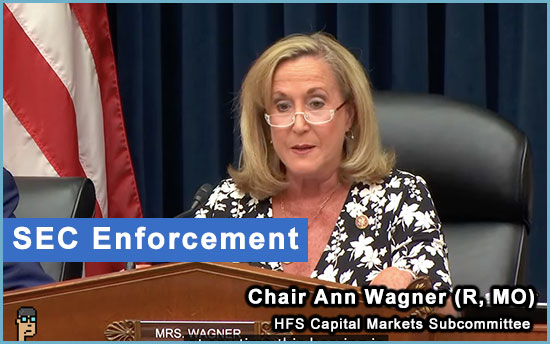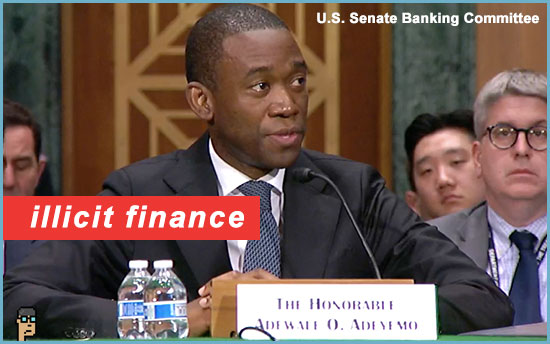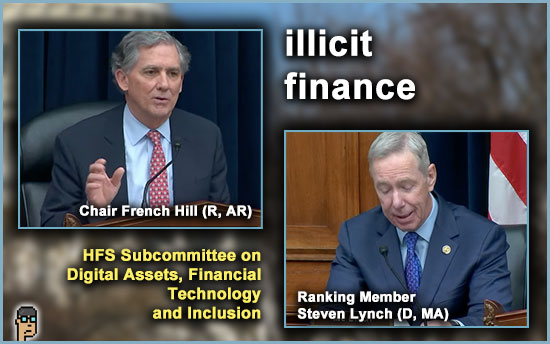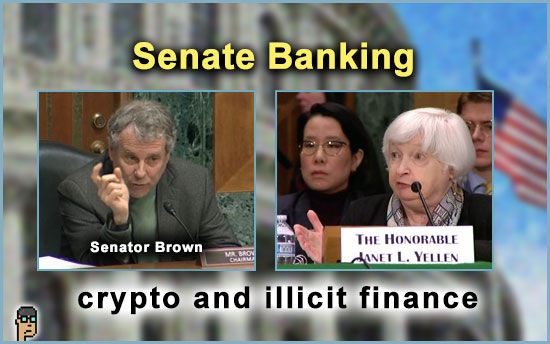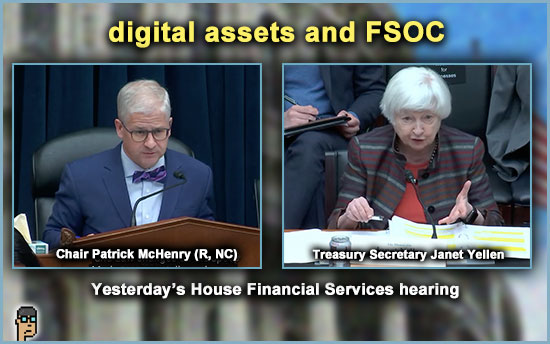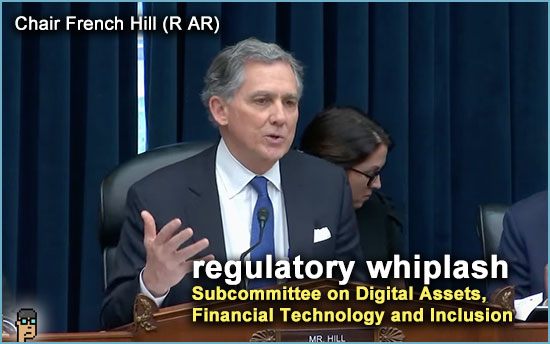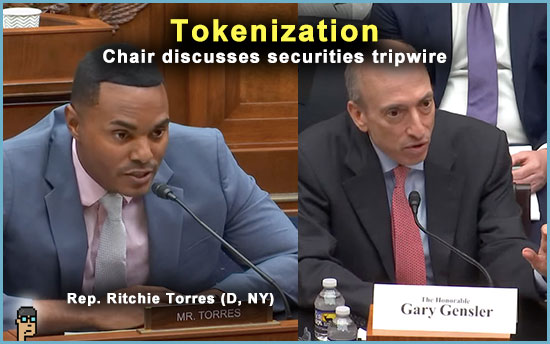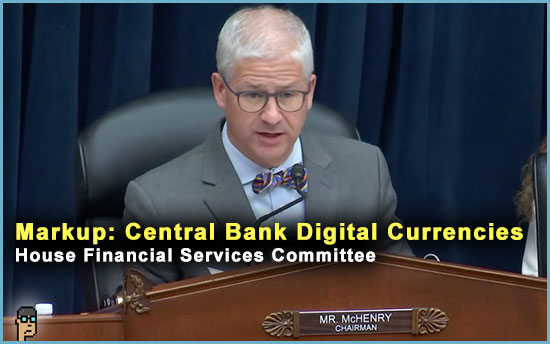At the beginning of today’s House Financial Services (HFS) Capital Markets Subcommittee hearing chaired by Ann Wagner (R, MO), the Securities and Exchange Commission’s (SEC) enforcement strategy – particularly around crypto – appeared to be in focus.
quick tips:
-
- When the hearing concluded, it was clear that Republicans tried to keep the hearing positioned around the wider abuse of power it sees at the SEC.
- Meanwhile, Democrats focused mostly on digital assets (some climate change issues), its support for aggressive enforcement and the need to protect consumers in the space.
- At one point late in the Q&A section, Rep. Bryan Steil (R, WI) observed, “I feel like some of my colleagues might feel like we’re in the financial digital assets subcommittee, not the capital markets subcommittee.
- Also, Rep. Sean Casten (D, IL) tipped his hand on new crypto mixer legislation he’ll be rolling out later this week.
- Ultimately, whether you were Republican or Democrat, “digital assets” was the elephant in the hearing room.
See hearing page with testimony and video.
opening
Wagner and the subcommittee’s Ranking Member Rep. Brad Sherman (D, CA) presented their predictable views – Wagner criticizing the SEC’s enforcment strategy, Sherman defending it.
Initially, it appeared the common thread for the Subcommittee hearing would be on digital assets.
witnesses
Next, the witnesses presented (click name for prepared testimony):
Paul Eckert, Professor, College of William & Mary Law School
Eckert was critical of the slow process of SEC enforcement actions which he suggested should be concluded within two years. Today, only 50% of SEC actions achieve such a goal, he said.
Nick Morgan, Founder, Investor Choice Advocates Network
Morgan was highly critical of “regulation by enforcement” and provided anecdotes of what he saw as an abuse of power by the SEC that ultimately harms victims.
Andrew Vollmer, Scholar at the Mercatus Center, former SEC Deputy General Counsel
Vollmer saw some commendable elements of the SEC enforcement strategy, but was critical of three areas in need of reform: the civil monetary penalty amounts, the new “disgorgement” strategy for the courts and Administrative procedures which are “biased against the defendant.”
John Reed Stark, President, John Reed Stark Consulting
Reed Stark declared “regulation by enforcement” was false and was not the strategy of the SEC- he believed they were “enforcing the law.” Reed Stark saw an industry that was attacking the regulator and his presentation was the only one solely focused on digital assets and defending the SEC.
Next, Ranking Member Maxine Waters (D, CA) spoke briefly and echoed themes from her statement the night before at the House Joint Resolution 109 hearing in front of the House Rules Committee. She was entirely supportive of the SEC’s enforcement strategy. Continue reading “Politics And Digital Assets Mingle At SEC Enforcement Hearing; Casten Intros Mixer Bill”

